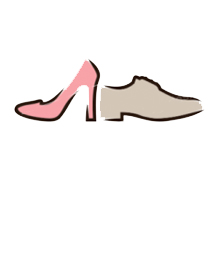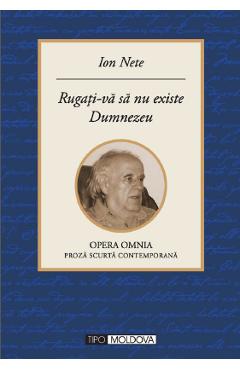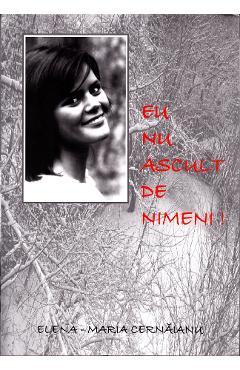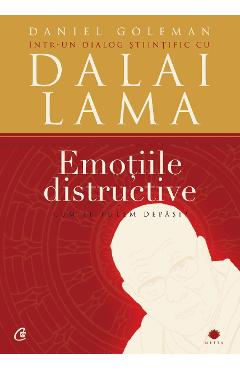A History of the World in 100 Objects, Paperback
carti
"An enthralling and profoundly humane book that every civilized person should read." --The Wall Street Journal The blockbuster New York Times bestseller and the companion volume to the wildly popular radio series When did people first start t...
Cod: 8f27f3dc-9425-4322-aac4-5825a596ece0 / 190533
Disponibilitate: In stoc
Producator: Penguin Books
Expediere prin: Colete.ro
109.11 RON
"An enthralling and profoundly humane book that every civilized person should read." --The Wall Street Journal The blockbuster New York Times bestseller and the companion volume to the wildly popular radio series When did people first start to wear jewelry or play music? When were cows domesticated, and why do we feed their milk to our children? Where were the first cities, and what made them succeed? Who developed math--or invented money? The history of humanity is one of invention and innovation, as we have continually created new things to use, to admire, or leave our mark on the world. In this groundbreaking book, Neil Mac Gregor turns to objects that previous civilizations have left behind to paint a portrait of mankind's evolution, focusing on unexpected turning points. Beginning with a chopping tool from the Olduvai Gorge in Africa and ending with a recent innovation that is transforming the way we power our world, he urges us to see history as a kaleidoscope--shifting, interconnected, constantly surprising. A landmark bestseller, A History of the World in 100 Objects is one f the most unusual and engrossing history books to be published in years. None could have imagined quite how the radio series would permeate the national consciousness. Well over 12. 5 million podcasts have been downloaded since the first programme and more than 550 museums around Britain have launched similar series featuring local history. . . . Mac Gregor s voice comes through as distinctively as it did on radio and his arguments about the interconnectedness of disparate societies through the ages are all the stronger for the detail afforded by extra space. A book to savour and start over. The Economist"
Produse din Categorie
Recomandari

























































